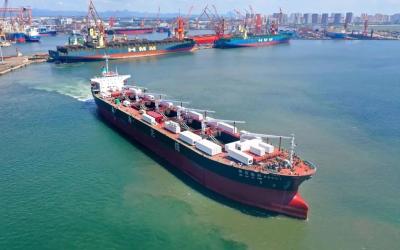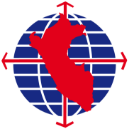
A groundbreaking project in China is redefining the future of salmon farming. Senhai Mako Marine Science and Technology Co. has transformed a nearly 20-year-old oil tanker, the “Zhedai Yuyang 60001”, into a mobile salmon farm. This innovative approach offers a cost-effective alternative to traditional land-based facilities.
Experts say that these vessels can produce salmon at nearly half the cost per kilogram compared to land-based farms. Additionally, converting a tanker is around 70 percent cheaper than building a land-based recirculating aquaculture system (RAS).
The concept is gaining attention for its practicality. Bulk tankers are already present in every ocean, supported by mature networks of finance, logistics, and port services. By reusing existing vessels, operators reduce both costs and time-to-market.
Experts believe this strategy represents a “direct challenge” to Western salmon producers, who face higher capital and operating expenses. If successful, China’s model could reshape global aquaculture by offering a scalable, mobile, and more sustainable solution.
This project may signal the start of a new era in salmon production, bringing innovation to the world’s seafood industry.
